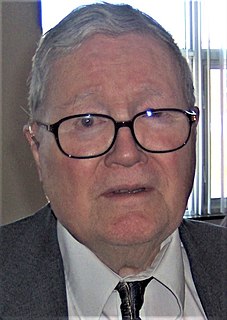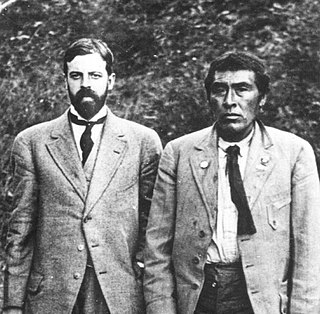A Quote by Robert Greene
We are a social animal, power only exists in a social sense, we have to work in groups.
Related Quotes
No doubt exists that rent seeking in general leads to serious inefficiencies in this direct sense, but its indirect damage is even worse. Drawing the bulk of intelligent and energetic people in society into activity that has no social product, or may have a negative social product, is more important in explaining the stagnation of these societies than the direct social cost of the rent seeking.
Despite long-standing claims by elites that Blacks, women, Latinos, and other similarly derogated groups in the United States remain incapable of producing the type of interpretive, analytical thought that is labeled theory in the West, powerful knowledges of resistance that toppled former social structures of social inequality repudiate this view. Members of these groups do in fact theorize, and our critical social theory has been central to our political empowerment and search for justice.
All civilization in a sense exists only in the mind. Gunpowder, textile arts, machinery, laws, telephones are not themselves transmitted from man to man or from generation to generation, at least not permanently. It is the perception, the knowledge and understanding of them, their ideas in the Platonic sense, that are passed along. Everything social can have existence only through mentality.
Programs of a political nature are important end products of social quality that can be effective only if the underlying structure of social values is right. The social values are right only if the individual values are right. The place to improve the world is first in one's heart and head and hands, and then work outward from there.
I am in total opposition to any institutional power. I favor a world of neighborhoods in which all social organization is voluntary and the ways of life are established in small, consenting groups. These groups could cooperate with other groups as they saw fit. But all cooperation would be on a voluntary basis. As the French anarchist Proudhon said. “Liberty [is] not the daughter but the Mother of Order.
The following proposition seems to me in a high degree probable—namely, that any animal whatever, endowed with well-marked social instincts, the parental and filial affections being here included, would inevitably acquire a moral sense or conscience, as soon as its intellectual powers had become as well, or nearly as well developed, as in man. For, firstly, the social instincts lead an animal to take pleasure in the society of its fellows, to feel a certain amount of sympathy with them, and to perform various services for them.
For one to be free there must be at least two. Freedom signifies a social relation, an asymmetry of social conditions: essentially it implies social difference--it presumes and implies the presence of social division. Some can be free only in so far as there is a form of dependence they can aspire to escape.
MAN is a social animal, gregarious by nature, and finds his greatest sense of security and satisfaction in the company of others who share his interests and attitudes. Of all the many groups into which humans have collected themselves, of all the many tribes, clans, organizations, and societies throughout history, none has been so powerful, so far-reaching, or more universal than the church.
To think that because those who wield power in society wield in the end that of government, therefore it is of no use to attempt to influence the constitution of the government by acting on opinion, is to forget that opinion is itself one of the greatest active social forces. One person with a belief is a social power equal to ninety-nine who have only interests.







































